
Climate Generation: Climate Change Education Resources
Climate Change educational resources for all ages. Includes climate science curriculum guides, and other student resources and student summer and future opportunities!

Climate Change educational resources for all ages. Includes climate science curriculum guides, and other student resources and student summer and future opportunities!
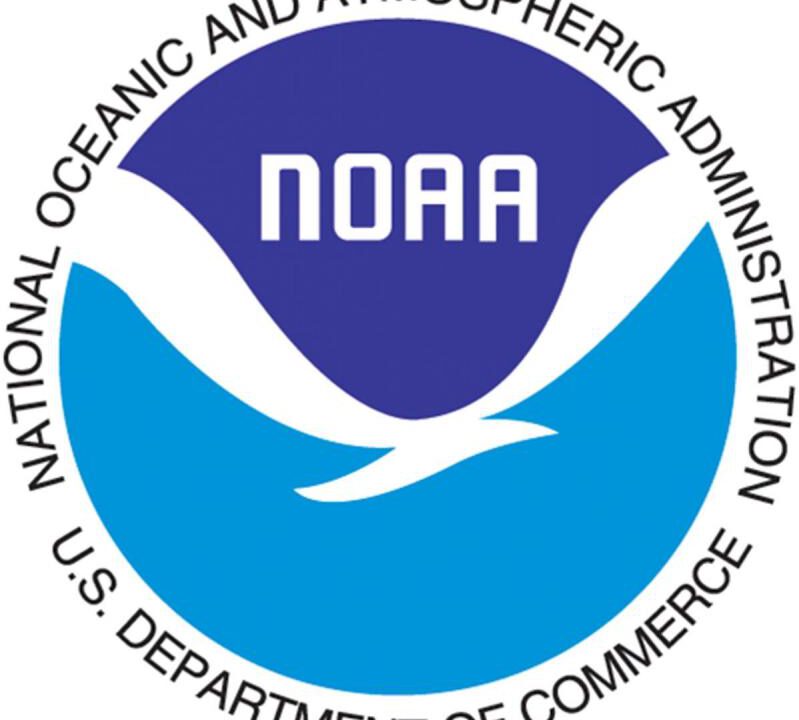
Includes research, cases studies, data, charts, and background information on Ocean Acidification, Ocean Currents, Ocean Floor Features, Ocean Pollution, Tides, and Tsunamis.

Browse through research from the University of Maryland Center for Environmental Science on topics such as the Chesapeake Bay watershed and climate change.
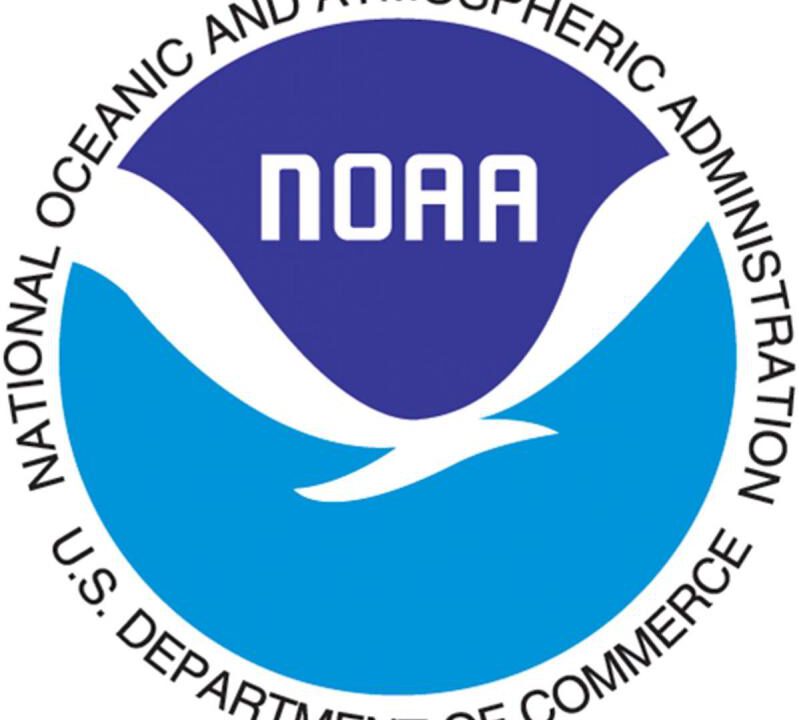
NOAA’S Climate Education resources include activities, research, cases studies, data, charts, and background information on Climate related topics. Topics include Carbon Cycle, Changing Seasons, Climate Change Impacts, Climate Monitoring and

Explore the Smithsonian Environmental Research Center’s research by topic. Topics include biodiversity and conservation, biological invasions, ecosystems ecology, environmental pollution, food webs, global change, history & archaeology, parasite & disease

Explore Background information on topics including Biology & Ecology, Physics, Chemistry & Geology, Climate & Atmosphere, Human Activities, Heritage & History, and Technology.
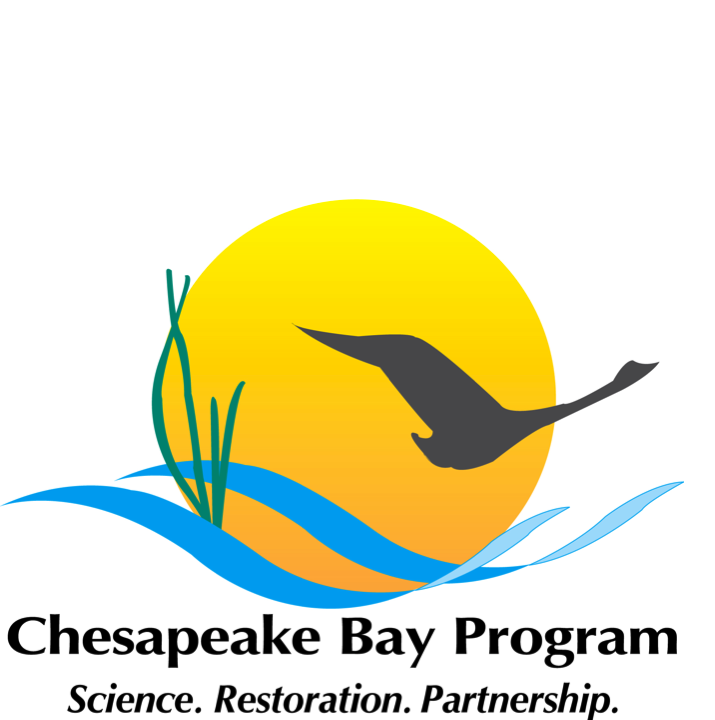
Learn about the current state of the Chesapeake Bay and the factors that have major impacts on its health. Each topic includes diagrams, data, maps, and an informative summary. Topics
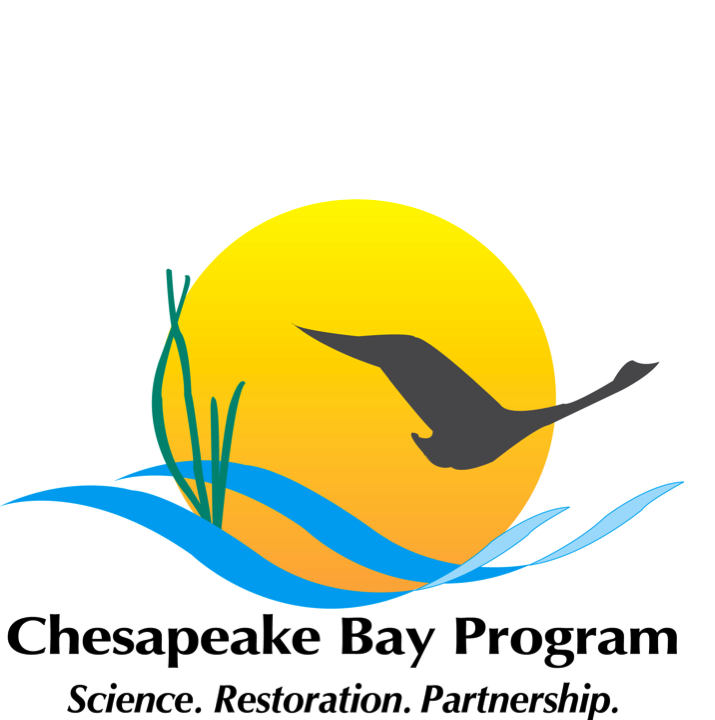
Learn about the complex issues involved in the health and success of the Chesapeake Bay. Each topic includes an introductory video, Overview, Importance, Effects on the Chesapeake Bay, and Current
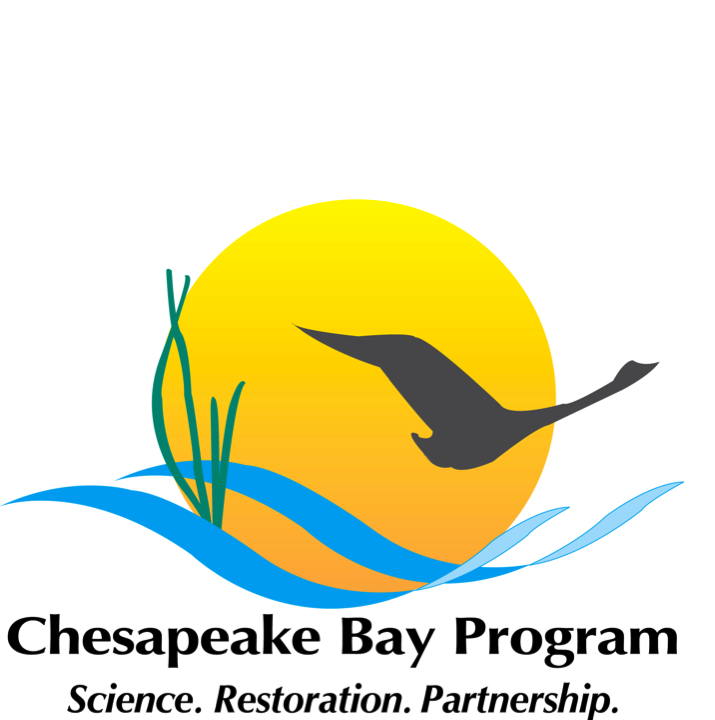
Field Guide: learn more about 250 species of birds, fish, insects, mammals, plants, reptiles, invertebrates, and amphibians in the Chesapeake Bay Watershed Facts & Figures: Discover details about the Chesapeake
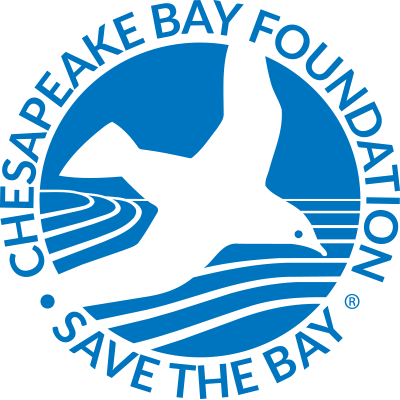
A lesson plan activity called “Bay-sic Ratios”. Includes background information, procedure, materials, vocabulary, interactive questions, charts and maps.
Thank you for your interest in the Elizabeth River Project’s Ryan Resilience Lab. We’re delighted that our site is in high demand. As the Ryan Resilience Lab is operated by a small non-profit with a big environmental mission, please help us make sure your event is a great fit.
Our priority is to host groups with relevance to our mission: to restore the Elizabeth River through equitable collaboration with diverse communities, governments, and businesses. When space and staff support are available, we are happy to host such groups free of charge, but do request that you consider an organizational membership and allow us to offer the opportunity for individual memberships.
Please fill this form out at least 30 days in advance of the event.